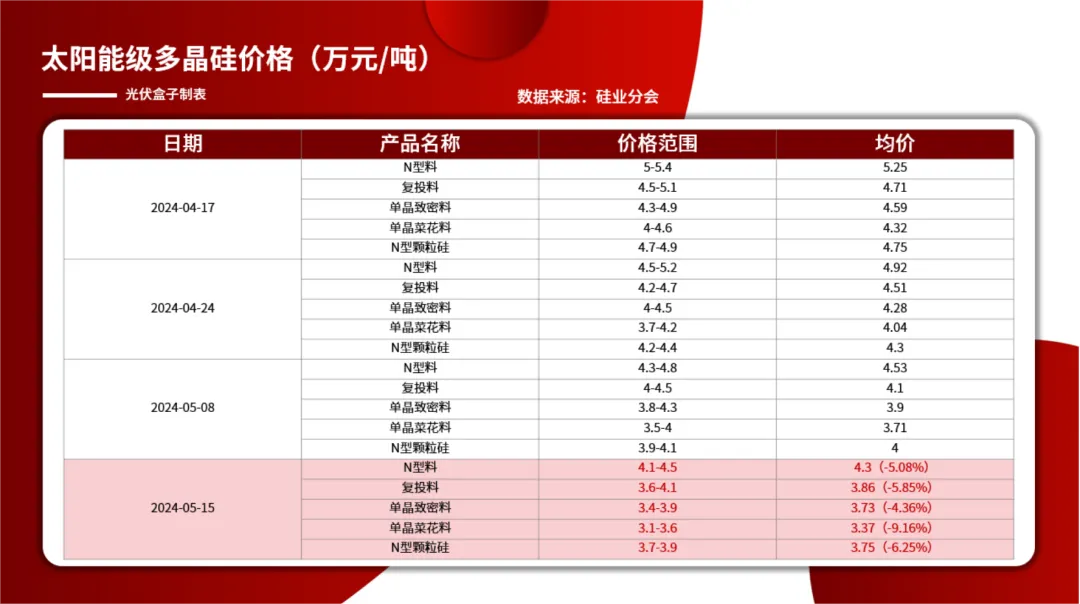Innovative Solar Inverters for Efficient Energy Solutions and Sustainable Living
Understanding Solar Inverters The Heart of Solar Energy Systems
As the world continues to pivot towards sustainable energy solutions, solar power has emerged as one of the most viable and environmentally friendly alternatives. At the core of any solar energy system lies the solar inverter, a critical component that plays a pivotal role in converting sunlight into usable electricity. In this article, we will explore the function, types, advantages, and future of solar inverters, shedding light on their importance in the solar energy landscape.
What is a Solar Inverter?
A solar inverter is an electrical device that converts the direct current (DC) generated by solar panels into alternating current (AC), which is used to power homes and businesses. The process of conversion is essential because most electrical appliances and the grid run on AC. Without an inverter, the energy captured by solar panels would be unusable for everyday applications.
Types of Solar Inverters
There are several types of solar inverters available on the market, each designed to cater to specific needs and installation setups
1. String Inverters These are the most common type of solar inverter. In this system, multiple solar panels are connected in series to a single inverter. String inverters are cost-effective and easy to install, making them a popular choice for residential and small commercial applications.
2. Microinverters Unlike string inverters, microinverters are installed on each individual solar panel, allowing for enhanced monitoring and performance optimization. This setup prevents one underperforming panel from affecting the energy output of the entire system. Microinverters are particularly beneficial in installations with shading issues or complex roof configurations.
3. Power Optimizers These devices are similar to microinverters in that they connect to individual panels but still rely on a single string inverter for DC to AC conversion. Power optimizers enhance the efficiency of solar panels by maximizing their output and providing performance analytics.
4. Hybrid Inverters Also known as battery-based inverters, these systems can manage both solar energy production and energy storage, allowing users to draw power from batteries during peak demand or outages. Hybrid inverters are ideal for users looking to maximize their energy independence.
string solar inverters

Advantages of Solar Inverters
Solar inverters offer numerous benefits that enhance the overall efficiency and effectiveness of solar energy systems
1. Efficiency High-quality inverters convert a significant percentage of DC electricity into AC, ensuring minimal energy loss during the conversion process. Advanced technology, such as maximum power point tracking (MPPT), further optimizes energy capture from solar panels.
2. Monitoring Many modern inverters come equipped with monitoring systems that allow users to track energy production and consumption in real-time. This feature helps homeowners optimize their energy use and identify any issues in the system promptly.
3. Durability Solar inverters are designed to withstand various environmental conditions, ensuring longevity and reliability. Most inverters come with warranties ranging from 5 to 25 years.
4. Grid Compliance Inverters ensure that the electricity fed back into the grid meets regulatory standards. This compliance is crucial for users who participate in net metering and can sell excess energy back to utility companies.
The Future of Solar Inverters
As the global push for renewable energy intensifies, solar inverter technology is expected to continue evolving. Innovations such as artificial intelligence (AI) and advanced battery storage solutions are paving the way for more efficient and smarter energy management systems. Furthermore, with the increasing integration of solar panels into smart homes and buildings, inverters will play an even more crucial role in managing energy flow and consumption.
Conclusion
Solar inverters are indispensable components of solar energy systems, enabling the transition from sunlight to usable electricity. By understanding the different types, advantages, and future trends of solar inverters, consumers and industry stakeholders can make informed decisions that contribute to a more sustainable and energy-efficient future. As technology advances and adoption rates rise, solar inverters will undoubtedly continue to illuminate the path toward cleaner energy solutions.
-
Understanding the Advantages of Solar String Inverters for Your Energy SystemNewsApr.29,2025
-
Choosing the Right PV Inverter: A Comprehensive GuideNewsApr.29,2025
-
The Future of Solar Power: Exploring Bifacial Solar PanelsNewsApr.29,2025
-
The Complete Guide to Solar Panels: Efficiency, Cost, And InstallationNewsApr.29,2025
-
The Best Options for Efficiency and Cost-EffectivenessNewsApr.29,2025
-
Harnessing the Power of Off-Grid Solar Inverters for Energy IndependenceNewsApr.29,2025







